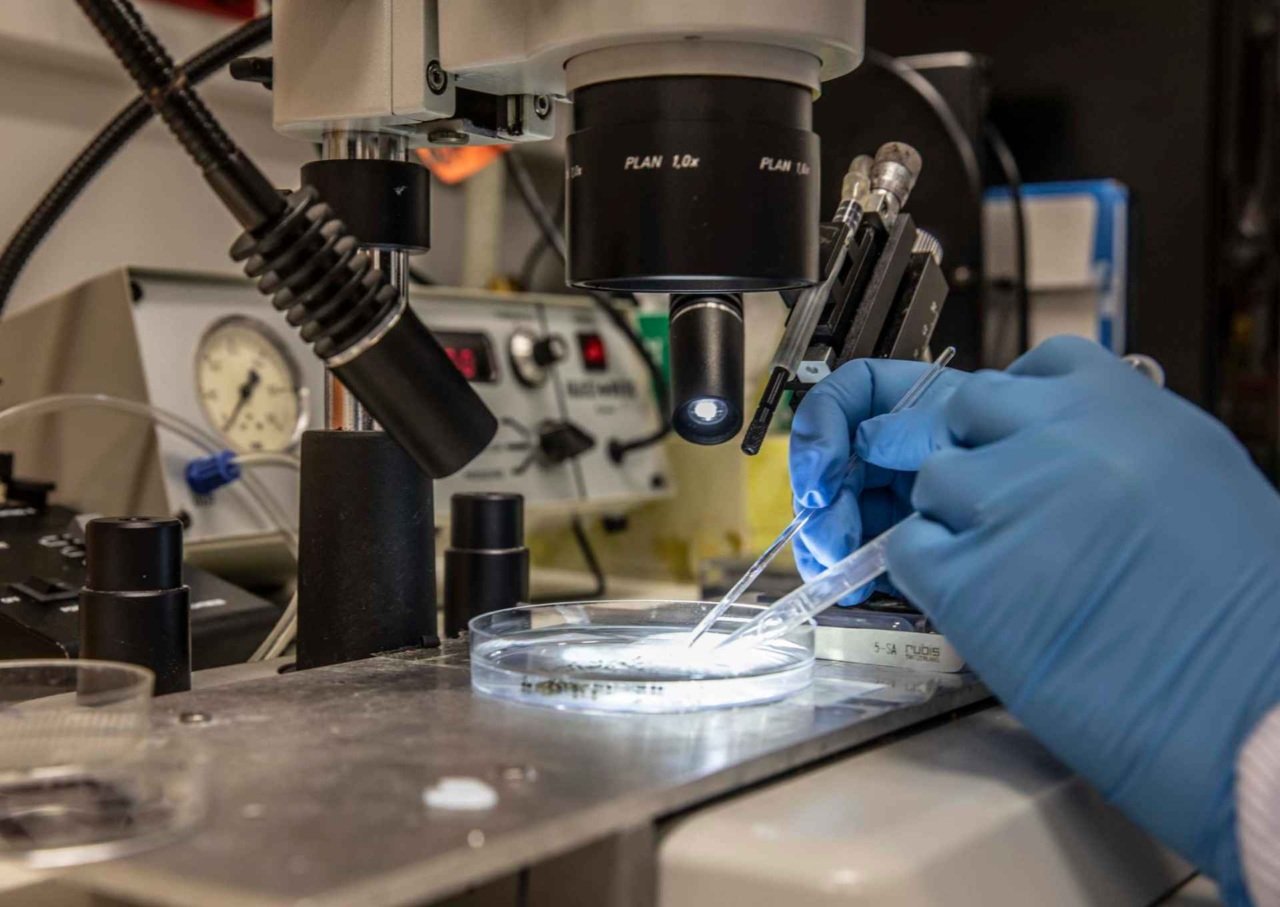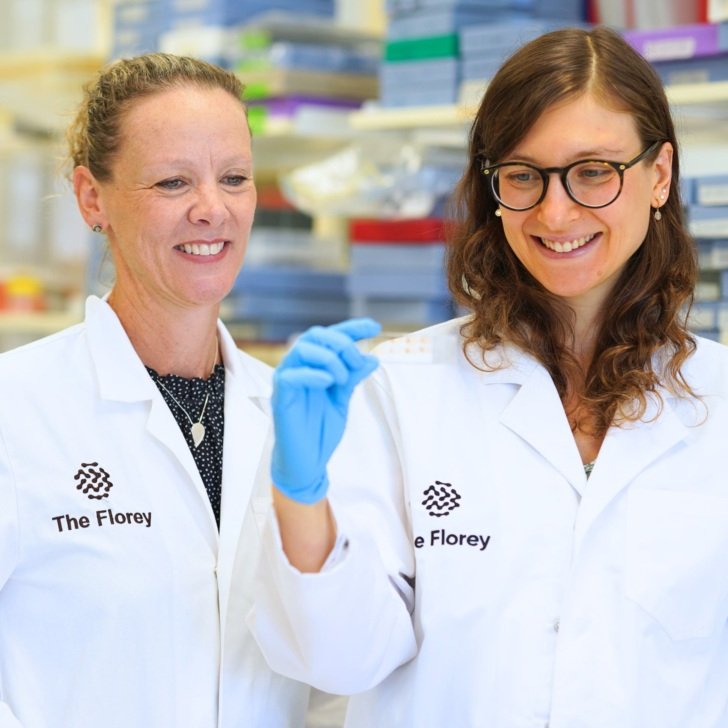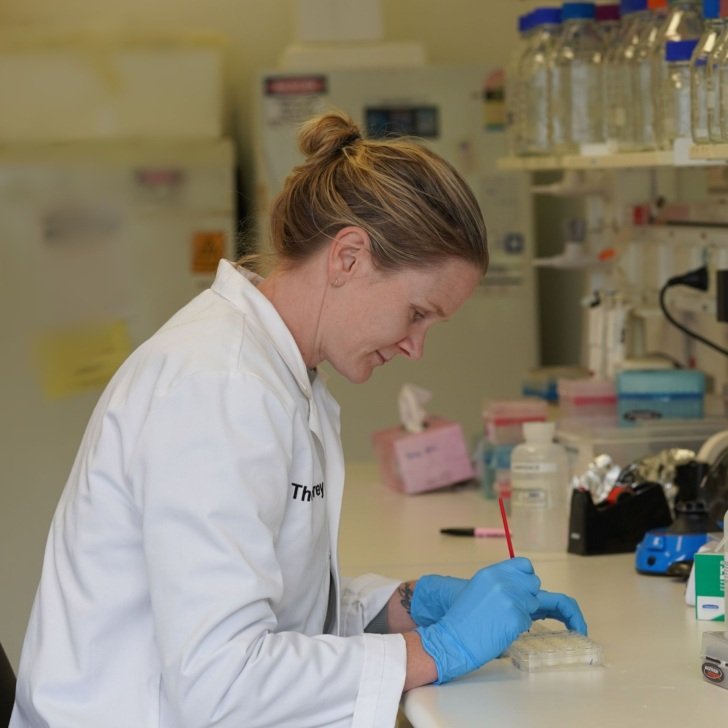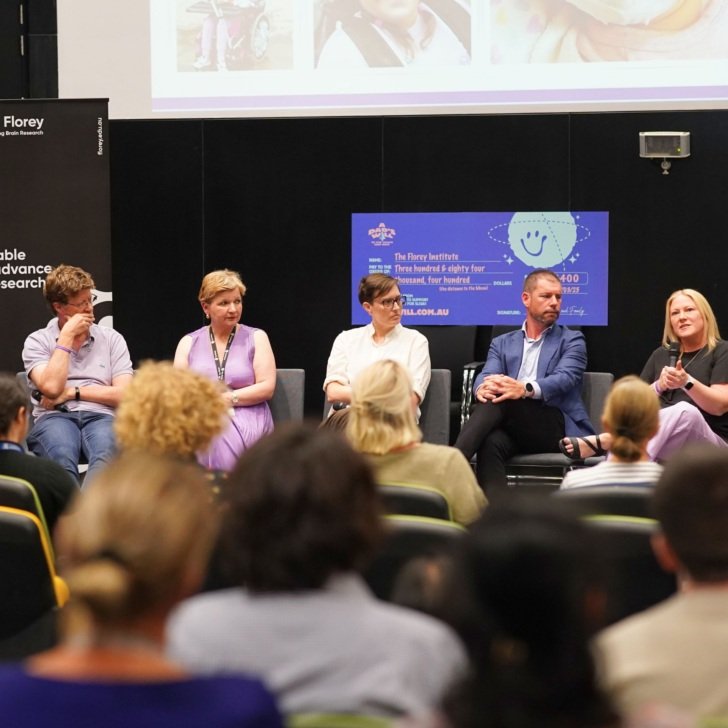Researchers at The Florey have discovered that a model of viral infections in males shows impacts on their sperm, affecting their offspring’s brain function and behaviour.
The researchers are calling urgently for more studies to explore what this might mean to human development and brain health in the wake of widespread COVID-19 and flu infections.
Building on their knowledge that sperm epigenetics and offspring brain function and behaviour are affected by paternal stress and diet, pre-conception, the research team used mouse models to learn what impact a virus might have.
The results have been published in the scientific journal Brain, Behavior and Immunity, with The Florey’s Elizabeth Kleeman and Professor Anthony Hannan as the lead and senior authors.
We found that a virus-like infection in males before conception had a significant impact on the development and behaviour of their offspring and their grand-offspring.
“Offspring showed increased depression-like behaviour, a heightened stress response and changes in the messenger RNA molecules which transcribe genetic information expressed in the brain. In male offspring, we saw altered immune responsivity and in their grand-offspring we found reduced early-life bodyweight and anxiety-like behaviour in the males.”

Though solely involving mice, thus far, this research shows that the “epigenetic cargo” which sperm deliver to an egg at fertilisation can be affected by a virus-like challenge, suggesting potential future implications for men and couples trying to conceive, Professor Hannan said.
“The detrimental pro-depressive behavioural outcomes that arise from this paternal virus-like immune challenge may have implications for human public health.
“With many men of child-bearing age having been infected with viruses such as COVID-19 and the flu, research examining how virus-related immune activation might affect the human sperm epigenome and offspring health is urgently needed.”













